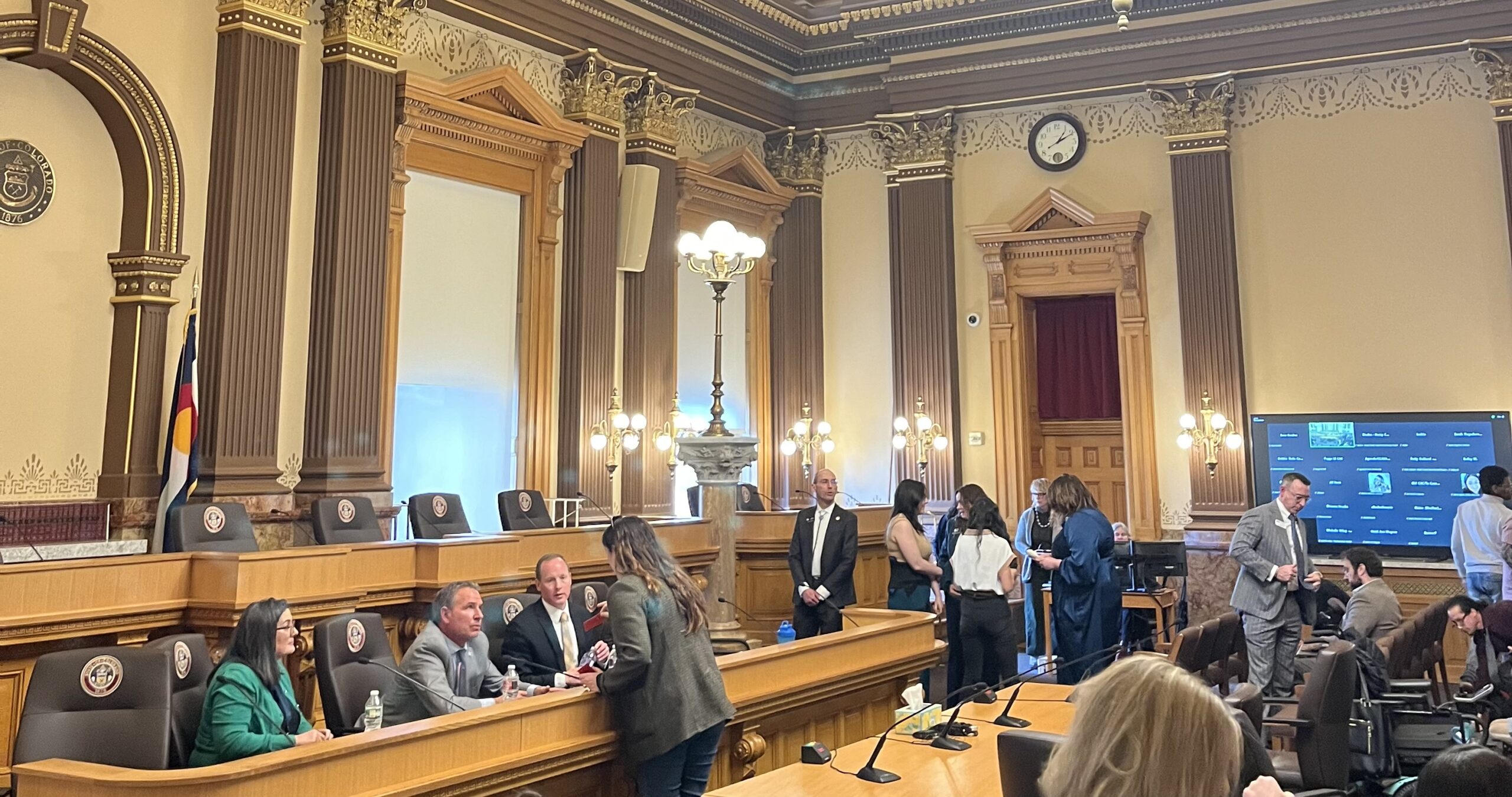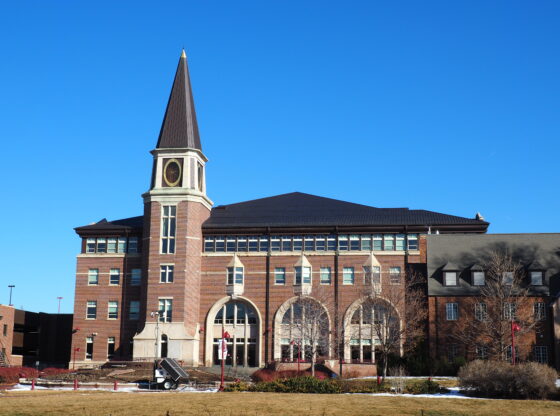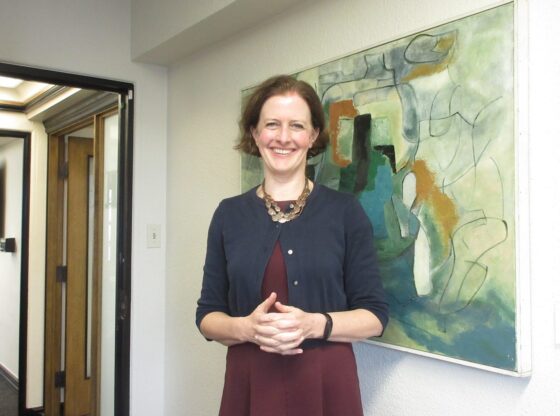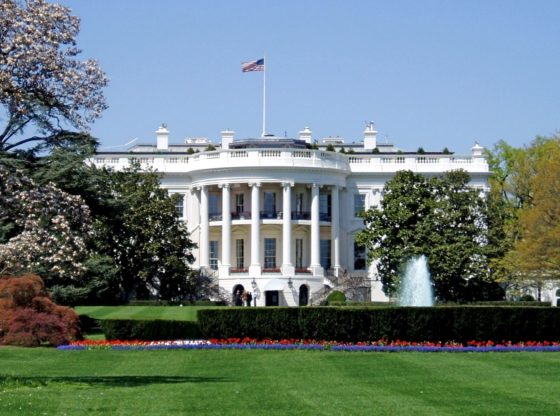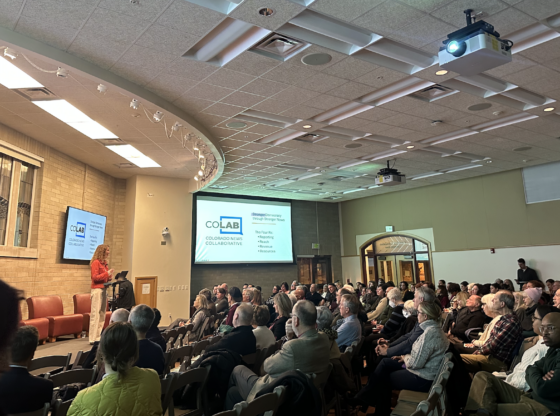 Photo by: David Stewart
Photo by: David Stewart
Two professors discussed the constitutionality of the controversial Arizona law targeting illegal immigrants on Tuesday last week at the Sturm College of Law to mark Constitution Day.
The speakers addressed immigration issues in both Arizona and Colorado.
Marie Provine, professor in the School of Justice and Social Inquiry at Arizona State University, spoke on the constitutionality of the immigration law enacted by the Arizona Sate Legislature earlier this year.
Provine discussed the Arizona law, which has been challenged as unconstitutional by the federal government.
She pointed out that for the better part of a decade Arizona has been trying to find a way to control its border with Mexico and was in desperate need of federal funding to offer services to immigrants.
She outlined how Arizona lawmakers went about drafting the legislation that permits law enforcement personnel to demand legal immigrant status when stopping a person on another violation. Provine said the law became a nuisance at a national level because it looked as if it usurped federal powers on immigration.
“The bill was regarded by many as a way for Arizona to try to get national attention on the issue in hopes of receiving some funding to help control its borders,” said Provine.
Christine Cimini, associate professor and director of the Employment and Labor Law Clinic at the Sturm College of Law, discussed imigration policy in Colorado.
She focused on the Secure Communities program, which permits the U.S. Department of Homeland Security to fingerprint everyone in jail and does a background check to see if inmates are in the country lawfully.
Cimini utilizes a teaching design in her law classes where students engage in individual and community representation in a variety of substantive areas depending on current community needs.
Sturm Law students have been offering legal services to day laborers who obtain jobs through El Centro Humanitario, a nonprofit where day laborers can come and find legitimate work.
Not too long after starting to work with the organization, students saw an issue with unfair wages.
Students drafted and proposed a plan for equal wages for immigrants to local representatives, said Cimini. It is now a crime to not pay equal wages to any immigrant.
“One of biggest forces behind what we are trying to do is to get people to understand that belonging is about being part of a community, not about legal status,” she said.
Constitution Day (or Citizenship Day) is observed on September 17, the day the Constitution was signed in 1787, and recognizes the its ratification and those who have become U.S. citizens.

